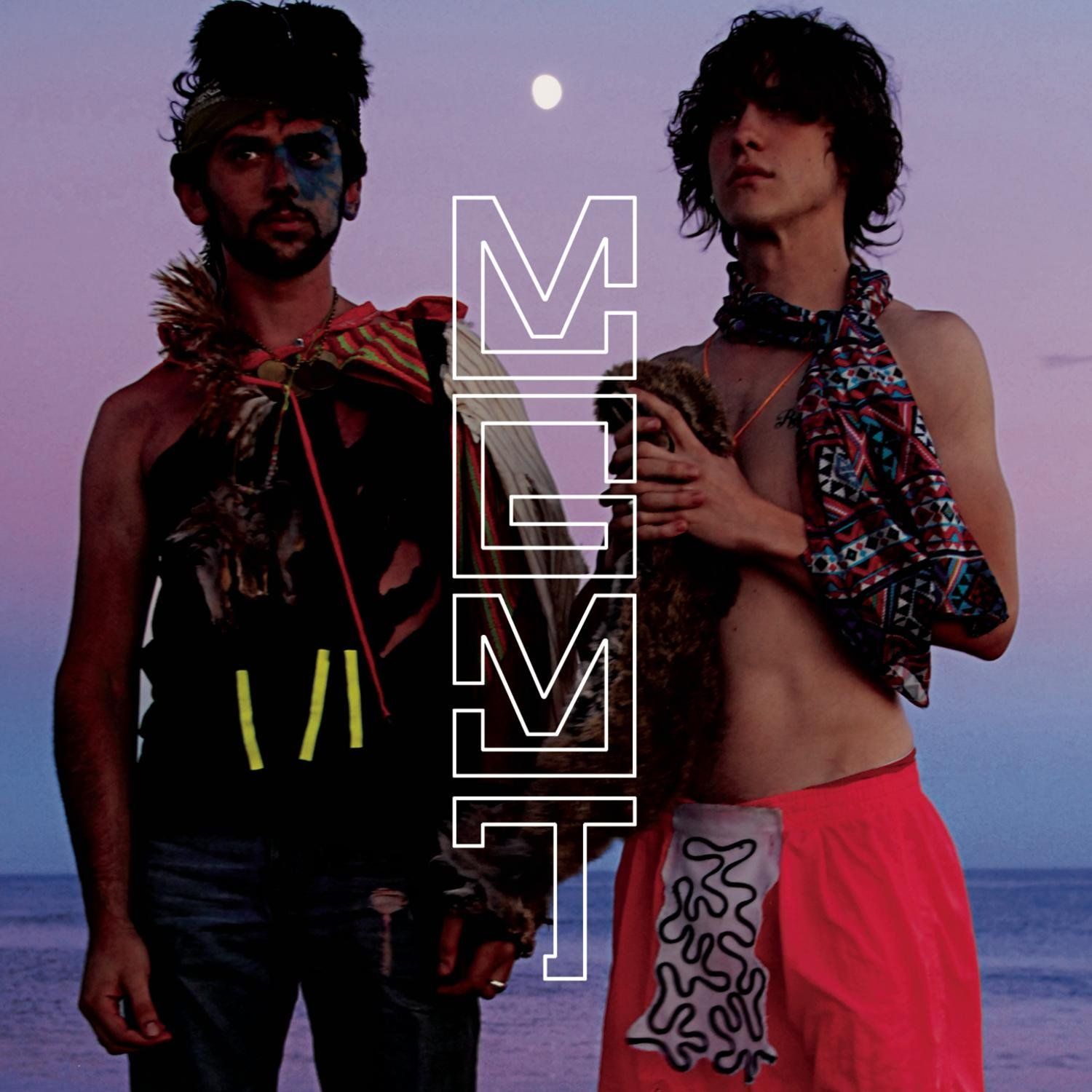MGMT’s ‘Oracular Spectacular’ turns 10

MGMT
Oracular Spectacular
Columbia · January 22, 2008
Has it really been 10 years since my older brother drove my sister and I to Blockbuster listening to MGMT’s Oracular Spectacular for the first time? Surely, it feels as if it has been even longer, since I could not just pick any movie to stream at the click of my mouse, but tracks like ‘Time to Pretend’ and ‘Electric Feel’ still made their way into my daily playlists.
Music was not an integral part of my home growing up. In fourth grade, the only time I listened to music was in the car, so the extent of my exposure to music was the radio (to put that into perspective, the #1 song on the Billboard Year-end 2008 Top 100 was ‘Low’ by Flo Rida featuring T-Pain) and my brother’s CDs. Although I was too young to actually feel any of the weight of the lyrical themes throughout Oracular Spectacular, the indie psychedelic-rock sound of MGMT stood out against the 2000’s pop as something I could identify with because of the sheer fact that it was different. For the first time, music felt personal, and I was hungry for more. It was the album that brought the concept of music from the background to the forefront, from a tune stuck in my head to a world of discovery outside of what was made available to me. I’m pretty sure anyone who considers music an important part of their life and the development of their identity has an album they feel the same way about.
Oracular Spectacular has the kind of delightfully odd fusion sound that can only be described by an unnecessarily long string of hyphenated genres. The absurdist, colorful imagery in the music videos tip off the classification as neo-psychedelic, but the actual composition blends deeper than that with aggressive synths, gravelly riffs, dreamy falsettos, and acoustic moments. MGMT hit a sweet spot in alternative music that was both intriguing and agreable: The addicting 9-note melody of ‘Kids’ was immortalized through pop culture features from the official FIFA ‘09 to the pilot episode of The Vampire Diaries and covers by The Kooks, Chiddy Bang, Cage the Elephant, and more. The other singles, ‘Time to Pretend’ and ‘Electric Feel,’ reached significant popularity as well, but the deep cuts like ‘4th Dimensional Transition’ and ‘Future Reflections’ are what created a strong debut album that went on to be named as the best album of 2008 by NME and the 18th-best album of the decade by Rolling Stone.
The timeless appeal of Oracular Spectacular comes from its ability to sound vintage and futuristic at the same time, as if you are experiencing nostalgia for a time you have yet to know. It reminds you that at any given moment, you are simultaneously the youngest and oldest you have ever been. It embodies the sentiment of fleeting youth through a transforming lens that evolves with you. Maybe this album feels so much bigger than itself because it just happened to fall into the formative years of my generation, but I think that the anxiety of growing up, a mix of optimism and fear of the unknown, truly never leaves you. We are all strangers to our own trajectories, “fated to pretend” we know what we are doing. Supposedly, the countdown at the beginning of ‘Kids’ is in fact not a recording of children, but a sped up version of adult’s voices. So, maybe, when we all slow down for a second, we are just a bunch of kids screaming on a playground.
In 2008, the stock market had crashed, Britney Spears was bald, and Sarah Palin was running for Vice President – we thought that was a bad year. Yet here we are in 2018: Donald Trump is President and people are eating Tide pods. At least 2008 gave us Oracular Spectacular, and in 2018, it keeps on giving.